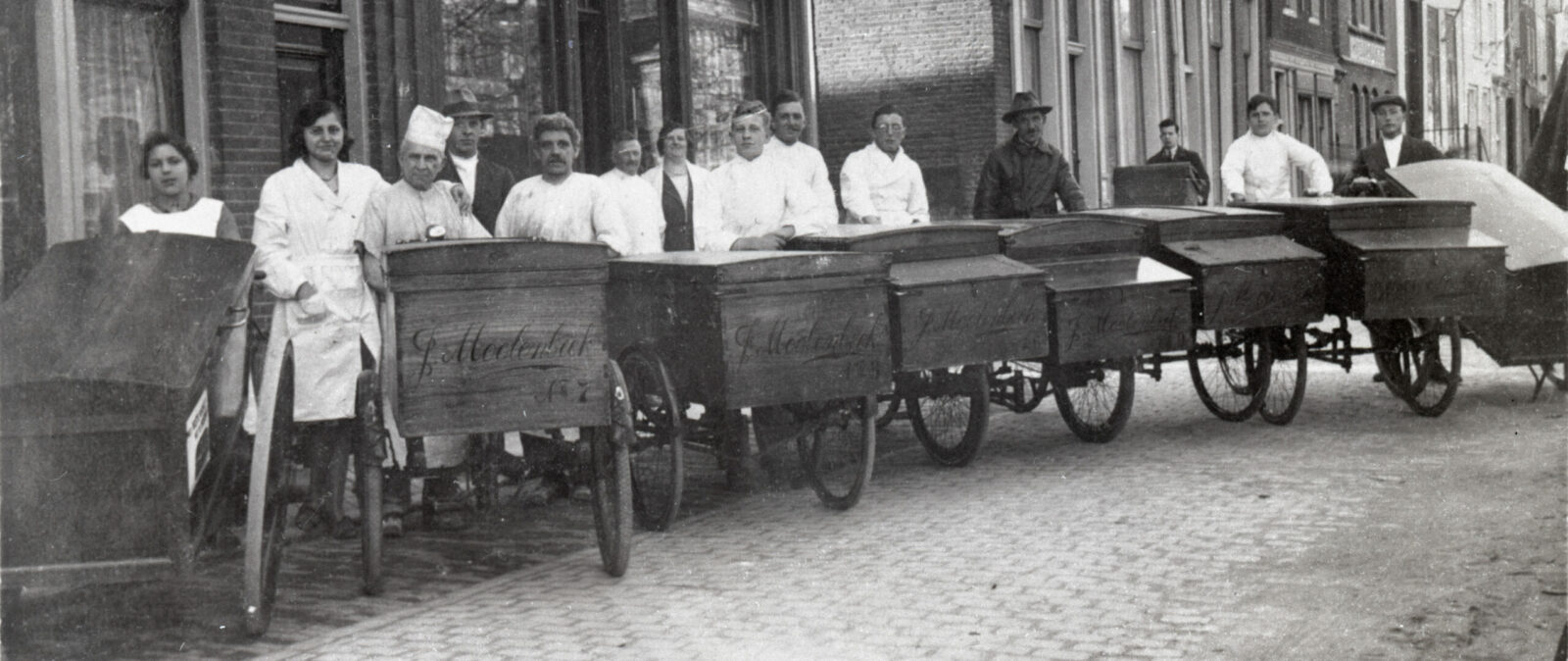Agenda
Maritime solidarity: Past and present
The Organising committee of the two-day conference (Posthumus board member Professor Pepijn Brandon (VU Amsterdam/IISH), Dr Niklas Frykman, Professor Marcus Rediker (both University of Pittsburgh), and Professor and activist Nandita Sharma (University of Hawai‘i at Manoa)) invite paper proposals. Papers can cover any period between roughly 1500 and the present, any group of people challenging authority from below, and all the world’s river systems, seas, and oceans.
Ships and oceans, shorelines and harbors historically have been the theater of dramatic social struggles. The term “hydrarchy”, introduced a quarter century ago in The Many-Headed Hydra, tried to capture the double-edged nature of these struggles. The crucial place of the oceans in the development of a capitalist world market led states and ruling classes to launch determined struggles to own or control the waters, as well as the peoples who worked on and around them. At the same time, working classes of all hues and the seaborne populations they were part of devised new ways to exchange experiences, ideas, and forms of struggles, developing wide-ranging practices of solidarity in the process.
While there is a thriving literature on the many historic examples of solidarity at sea, and between people ashore and afloat, there is still a lack of research that investigates concretely how, under what conditions, and with what lasting effects such solidarity comes about. This conference aims to bring together papers that focus on concrete histories of maritime solidarity, whether on board early modern slave ships or twentieth-century supertankers, in traditional sailortowns or contemporary container ports, and everywhere in between. The organisers intend to publish a select number of papers in the form of an edited book or special journal issue.
Academic participants should send in proposals for papers consisting of an abstract of 150-250 words plus a short academic CV by 1 December 2022 by e-mail to the organisers.
The organisers also wish to make space for an active dialogue between people studying maritime solidarity in the past and practitioners of maritime solidarity in the present (including, for example, migrant rescue workers, maritime trade unionists, stop the boat campaigners, and more). For this reason, the intention is to include one or two round tables, open to a public audience, where activists involved in maritime solidarity today reflect on connections to maritime solidarity in the past, based on the presentations at the conference. People who would be interested in joining the conference on the basis of their involvement in present-day maritime solidarity are invited to write a short e-mail to the conference organizers explaining the nature of their work.


